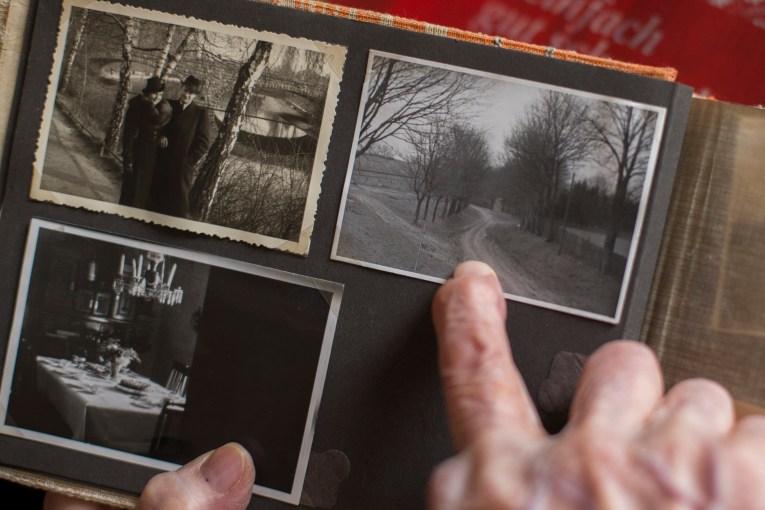Christchurch victims share tales of grief
Emboldened and confident, Christchurch terror victims have delivered heartbreaking and spine-tingling stories of grief to the New Zealand High Court as the sentencing of Brenton Tarrant continues.
On Wednesday, the third and final day allocated for statements, a late flurry of victims came forward to share their pain.
Court officials planned for around 66 victims – either survivors from the mosques or family members of those killed or injured – to address the court, and Tarrant, who sits just five metres away, separated by a glass panel.
The final number will be over 80, as worried and meek survivors say they’ve were strengthened by previous speakers to share their stories.
Sara Qasem was not originally listed on the court plans but rose to speak on behalf of her father Abdelfattah, murdered at Al Noor mosque.
“My name is Sara Qasem. Daughter of a hero. Daughter of a shining, glimmering man … daughter of a martyr. Of Abdelfattah Qasem. Remember that name,” she said firmly.
“My Dad never left. He could have left but he stayed behind to help his brothers. Putting others before himself.”
Ms Qasem drew tears from every corner of the courtroom as she grieved for her lost father.
“I’d never really known what the meaning of a broken heart was until then,” she said.
“I want to go on more road trips with him.
“Smell his home cooking. His cologne.”
Crying, she composed herself and eyeballed Tarrant, saying “these tears are not for you”.
“To hear his deep belly laugh,” she continued.
“I want to hear him tell me more about the olive trees in Palestine. I want to hear his voice.”
Ms Qasem’s moving testimony came alongside those who gave more pointed addresses.
Ahad Nabi, clad in a Warriors rugby league shirt, moved his body to face the terrorist as he spoke, his speech dripping with venom after losing his father Haji Mohemmed Daoud Nabi.
“I ask of you, your honour, that this scum of the world never be allowed to be free in his lifetime,” he said.

Ahad Nabi is seen during the sentencing hearing for Christchurch mosque gunman. Photo: Getty
“Coming back to this maggot … my 71-year-old dad would have broke you in half if you challenged him to a fight.
“Your actions were of gutless character of a person.
“I am strong and you made me even stronger,” Mr Nabi concluded, flexing his arms to show his biceps.
The rich displays of emotion inside the court room contrast sharply with the everyday collegiality in the halls of the Christchurch courthouse between sessions.
Outside proceedings, victims, family members, support workers and police mingle and chat, showing the sense of community that they have built and often referred to in statements.
Encouragingly, after giving their contributions, victims often say they are left with a sense of relief, empowerment and strength.
“When I saw him shooting people, I was not the one in control. He was,” Rosemary Omar, who lost her 24-year-old son Tariq Omar said.
“It was empowering to get some of that power back that the perpetrator took from us when he killed our son.”
Rashid Omar, Rosemary’s husband and Tariq’s father, said he felt a full range of emotions while addressing Tarrant.
“At first I was emotional reading about my sadness and loss but I gained strength. I got more angry after that,” he said.
“I looked right at him, that really helped.”
Mr Omar told the court he felt “broken inside”, lost his enjoyment of life, and eyeballed Tarrant, telling him would never be able to forgive him.
“When I said I will never be able to forgive you, he just nodded,” he said.
“I felt like I was in control. He was looking and me and I was staring back at him.
“I saw him nod, agree with me … like ‘fair enough’.”
The full hearings will not be seen by the public, with Justice Cameron Mander placing restrictions on what can be broadcast and some speakers choosing not to allow recordings.
It is unlikely the court has seen many contributions quite like Ms Qasem’s, who finished her statement by comparing the rebuilding of her community to the Japanese art of Kintsugi, which repairs broken pottery with gold leaf.
“Our hearts may be broken … but slowly and surely we are reassembling each crack with a lining of gold,” she said.
“The gold is the love, the aroha, the New Zealand community, our friends and neighbours, the flower wall, the government.
“In the end, love wins and love will always win.”
-AAP








